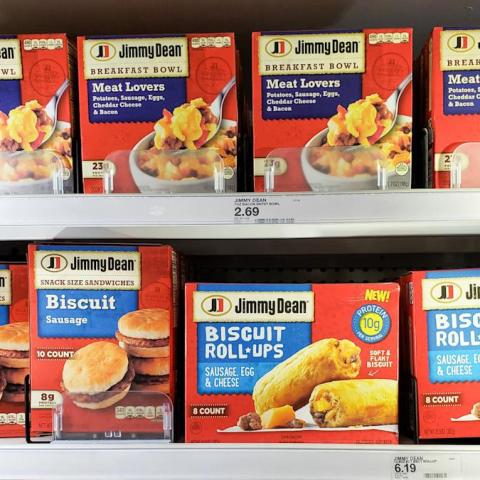New Scams Targeting Drivers
Motorists in the UK are facing fresh scams that trick them into losing money. With an increase in fraudulent activities in 2024, it’s vital for drivers to stay alert. Reports of scams to the DVLA (Driver and Vehicle Licensing Agency) surged to nearly 20,000 last year.
Younger drivers, particularly those aged 25-34, tend to be common targets. Yet, older drivers are now being targeted too. Scammers often exploit their uncertainty about online payments, leading them to fall for fake parking fines.
John Wilmot, CEO of LeaseLoco, highlights the urgency these scammers create. They exploit a fear of bigger fines, making people rush into payments without verifying their authenticity.
Common Scams to Watch Out For
Fake QR Codes at Parking Meters
Scammers stick fake QR codes on parking meters, hoping drivers will scan them and pay. Always use official apps like RingGo or PayByPhone for parking payments. Remember, most councils won’t use QR codes for payments.Bogus DVLA Messages
These messages often claim your driver’s license needs updating or that your car tax failed. The DVLA never asks for sensitive information via email or text. Always access their website directly through gov.uk.Phony Parking Charge Notices (PCN)
Some scammers send fake PCN notices in the mail. Authentic ones include details like date, time, and location of the alleged violation. If in doubt, contact your local council’s parking department.Fraudulent Car Sales
Be cautious of too-good-to-be-true car deals online. In 2023, nearly £500,000 was lost to scams on platforms like Facebook. Scammers may ask for upfront payment and make excuses like being abroad. Always meet in person and check the vehicle’s history on the official government site before making any payments.- Fake Toll and Congestion Charge Messages
Drivers receive messages claiming they owe money for tolls or congestion charges. Genuine notifications come from reliable sources like gov.uk or specific operators such as TfL or the M6 Toll.
Stay Safe
A few simple steps can help you dodge these scams:
- Use official and trusted apps for payments.
- Double-check suspicious messages by visiting official websites directly.
- Be wary of urgent requests for payments, especially those that pressure you to act quickly.
Keeping these tips in mind will help protect your hard-earned cash. Scams are ever-evolving, but staying informed is the best defense.
Source link
Facebook, Taxes, Social media, Motoring News, DVLA






















